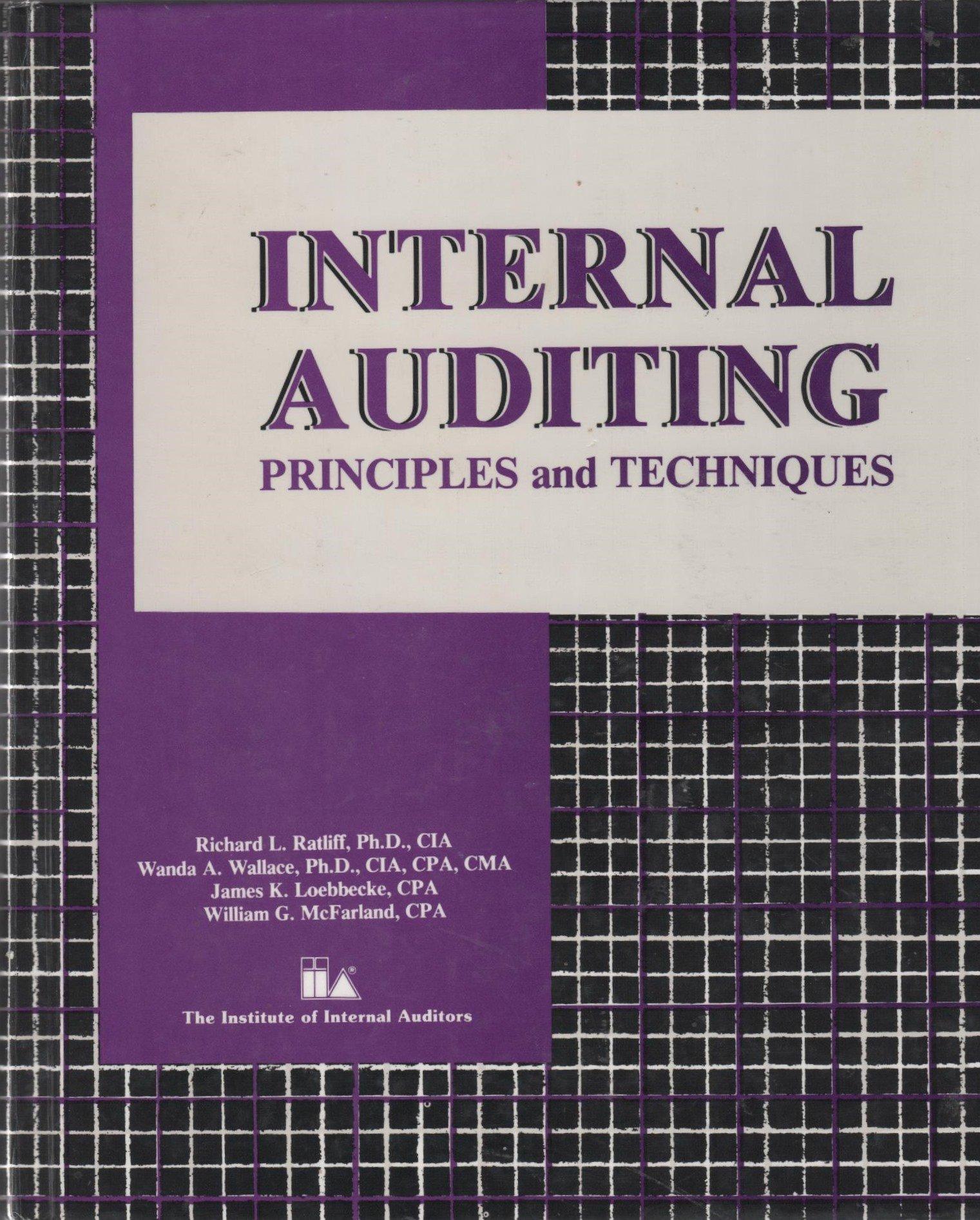







In each of the following independent cases, the company closes its books on December 31. Pronghorn Co. sells $543,000 of 10% bonds on March 1, 2020. The bonds pay interest on September 1 and March 1. The due date of the bonds is September 1, 2023. The bonds yield 12%. Give entries through December 31, 2021. Prepare a bond amortization schedule using the effective-interest method for discount and premium amortization. Amortize premium or discount on interest dates and at year-end. (Round answers to o decimal places, e.g. 38,548.) Schedule of Bond Discount Amortization Effective-Interest Method Bonds Sold to Yield Cash Paid Interest Expense Discount Amortized Carrying Amount of Bonds Date 3/1/20 $ $ 9/1/20 3/1/21 9/1/21 3/1/22 9/1/22 3/1/23 9/1/23 Prepare all of the relevant journal entries from the time of sale until December 31, 2021. (Assume that no reversing entries were made.) (Round present value factor calculations to 5 decimal places, e.g. 1.25124 and the final answers to 0 decimal places e.g. 58,971. If no entry is required, select "No Entry" for the account titles and enter o for the amounts. Credit account titles are automatically indented when amount is entered. Do not indent manually.) Date Account Titles and Explanation Debit Credit 3/1/20 3/1/21 Stellar Co. sells $360,000 of 12% bonds on June 1, 2020. The bonds pay interest on December 1 and June 1. The due date of the bonds is June 1, 2024. The bonds yield 10%. On October 1, 2021, Stellar buys back $118,800 worth of bonds for $124,800 (includes accrued interest). Give entries through December 1, 2022. Prepare a bond amortization schedule using the effective interest method for discount and premium amortization. Amortize premium or discount on interest dates and at year-end. (Round answers to 0 decimal places, e.g. 38,548.) Schedule of Bond Discount Amortization Effective-Interest Method Bonds Sold to Yield Cash Paid Interest Expense Premium Amortized Carrying Amount of Bonds Date 6/1/20 $ $ $ $ 12/1/20 6/1/21 12/1/21 6/1/22 12/1/22 6/1/23 12/1/23 6/1/24 * Difference due to rounding Prepare all of the relevant journal entries from the time of sale until December 31, 2022. (Assume that no reversing entries were made.) (Round present value factor calculations to 5 decimal places, e.g. 1.25124 and the final answers to o decimal places e.g. 58,971. If no entry is required, select "No Entry" for the account titles and enter o for the amounts. Credit account titles are automatically indented when amount is entered. Do not indent manually.) Date Account Titles and Explanation Debit Credit 6/1/20 12/1/20 12/31/20 6/1/21 10/1/21 12/1/22 Accumulated Depreciation-Equipment Accumulated Depreciation-Machinery Accumulated Depreciation-Plant and Equipment Allowance for Doubtful Accounts Bad Debt Expense Bond Issue Expense Bonds Payable Buildings Cash Common Stock Cost of Goods Sold Debt Investments Depreciation Expense Discount on Bonds Payable Discount on Notes Payable Discount on Notes Receivable Equipment Equity Investments Gain on Disposal of Machinery Gain on Disposal of Land Gain on Disposal of Plant Assets Gain on Redemption of Bonds Gain on Restructuring of Debt Gain on Sale of Machinery Interest Expense Interest Payable Interest Receivable Interest Revenue Inventory Land Loss on Disposal of Equipment Loss on Disposal of Land Loss on Redemption of Bonds Machinery Mortgage Payable No Entry Notes Payable Notes Receivable Equipment Equity Investments Gain on Disposal of Machinery Gain on Disposal of Land Gain on Disposal of Plant Assets Gain on Redemption of Bonds Gain on Restructuring of Debt Gain on Sale of Machinery Interest Expense Interest Payable Interest Receivable Interest Revenue Inventory Land Loss on Disposal of Equipment Loss on Disposal of Land Loss on Redemption of Bonds Machinery Mortgage Payable No Entry Notes Payable Notes Receivable Paid-in Capital in Excess of Par - Common Stock Paid-in Capital in Excess of Par - Preferred Stock Premium on Bonds Payable Retained Earnings Salaries and Wages Expense Sales Sales Revenue Unamortized Bond Issue Costs Unearned Revenue Unearned Sales Revenue Unrealized Holding Gain or Loss - Equity Unrealized Holding Gain or Loss - Incom Show List of Acc














